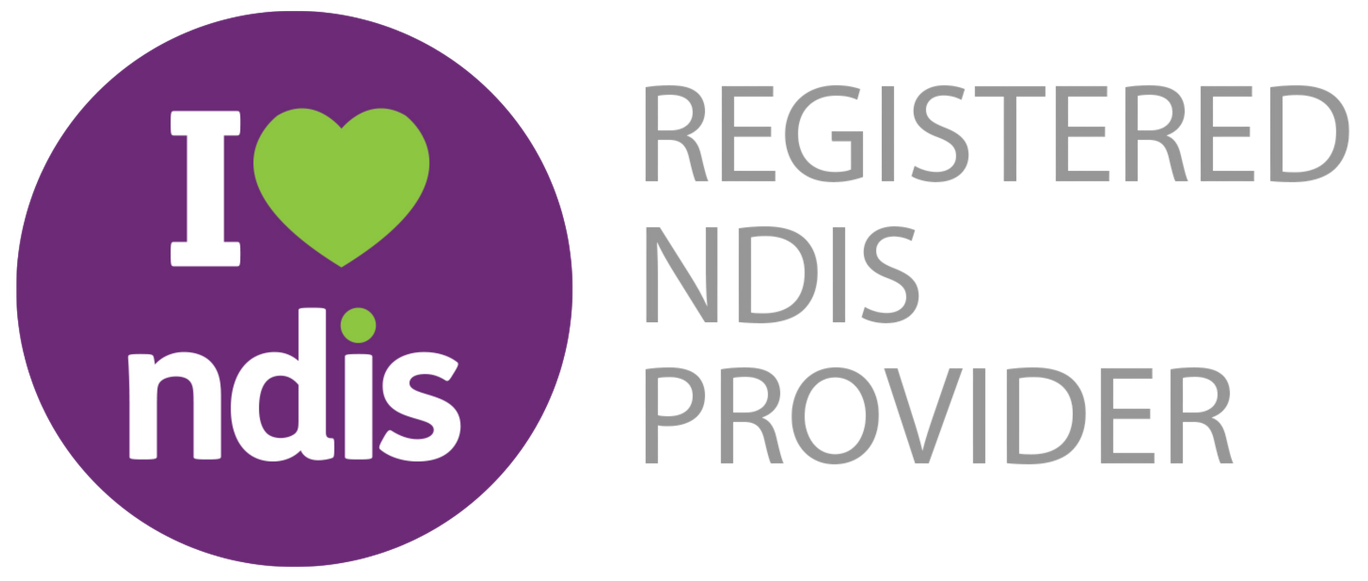Top 10 Ways To Train Support Workers Around Food - Without Overwhelm
Tip 1: Start With What Food Means To You
Food isn’t just fuel. It’s comfort, culture, routine, and care. Before diving into instructions, explain how food fits into your day.
Do you prefer quiet mealtimes? Are certain smells overwhelming? Does mealtime mean connection, or does it feel stressful?
When support workers understand the emotional side of food, they can support you with more care - not just compliance.
It’s kind of like teaching someone to drive your car - not just how to steer, but when you like the windows down or the music low. The more you share, the easier it is for someone else to step into your rhythm.
Tip 2: Keep Language Kind And Clear
Avoid jargon. Say it like you would to a friend. “Please sit next to me while I eat,” lands better than, “Provide direct supervision during mealtime activities.”
Support workers come from different backgrounds and experiences. Kind, simple instructions help avoid confusion. Plain language makes things easier to understand and easier to remember.
And remember - most people want to get it right. The calmer you are when explaining things, the more confident they’ll feel trying them.
Tip 3: Write It Down, But Make It Real
Having a clear food support plan helps - especially for new workers.
But don’t make it a rulebook.
Write it like you talk: “Use the blue bowl,” or “Let them smell the food first.”
Dietitians can help write these plans.
They can also include things like portion sizes, feed schedules, sensory supports, and safety reminders.
Support plans also act as a guide for temporary workers or new team members.
A good plan isn’t long - it’s clear.
And when everyone’s on the same page, it makes life feel a whole lot easier.
Tip 5: Talk About Tricky Moments
Feeding isn’t always smooth. Maybe there's gagging. Maybe meals get skipped.
Maybe the person being supported doesn’t want to eat that day.
Don’t hide these things in training. Name them. Prepare for them.
Say things like, “Sometimes they’ll push the plate away. That’s okay - give them a few minutes and try again.”
Support workers who expect bumps in the road won’t panic when they hit one. They’ll stay calm - and keep things safer.
It also helps workers feel like they can talk to you when something doesn’t go to plan. That honesty builds better support.
Tip 6: Check For Confidence, Not Just Understanding
Ask your worker: “Do you feel okay doing this?” instead of “Do you get it?”
People often say “yes” because they don’t want to seem unsure.
By asking how they feel, you’ll learn what’s really going on.
And if they say “not yet,” that’s okay. It means they care enough to want to get it right.
Confidence grows through small wins, steady feedback, and being trusted.
Sometimes a second walkthrough, a slower pace, or a few more practice rounds make all the difference.
Tip 7: Include Sensory Tips In Your Training
If feeding is affected by sensory needs - smells, textures, sounds - make that part of the training.
Mention things like:
- “No metal spoons - they hate the sound.”
- “They’ll only eat if the plate is white.”
- “Keep the room quiet during the feed.”
These details matter. They’re not just preferences - they’re how feeding works.
It’s like building a puzzle. One wrong piece can throw the whole picture off. But when it fits? Everything clicks.
Dietitians can help you identify sensory patterns and include them in your feeding plan too.
9. Support Is Here - You Don’t Have To Wait
You don’t need to be in crisis to reach out for support. Dietitian help is available - and it’s designed to be gentle, inclusive, and neuro-affirming.
Through the NDIS, you can access support such as:
- Feeding plans tailored to sensory and emotional needs
- Mealtime coaching for you or your support team
- Nutrition education that’s personalised, not prescriptive
- Collaborative care that includes your OT, psychologist, or case manager
If food is causing stress or confusion, you deserve support that makes life feel lighter and more manageable.
And even if you’ve tried before and it didn’t feel helpful - it’s okay to try again. The right support listens more, not less.
Tip 10: Let Them Know They’re Part Of Something Important
Support workers are more than just helping hands. They’re part of someone’s everyday care.
Tell them when they’re doing a good job. Let them know their support makes a difference.
One sentence like, “Thanks for remembering to check the water temperature,” can build trust and pride.
When support workers feel appreciated, they’re more likely to show up with care - not just compliance.
Everyone benefits when people feel valued. And the better your support team feels, the more secure and relaxed your care environment becomes.

Want Help Training Your Team?
If you’d like your support workers trained around food routines - mealtime support, tube feeding, sensory feeding, safety, or all of it - Dietitians can help.
They can meet in person or online. They’ll walk through your routine with you and show your team how to support it safely.
Training can be included in your NDIS plan under "Improved Daily Living." It doesn’t have to be complicated or formal. It just needs to work for your real life.
Click below to ask a question or set up a time to chat.






